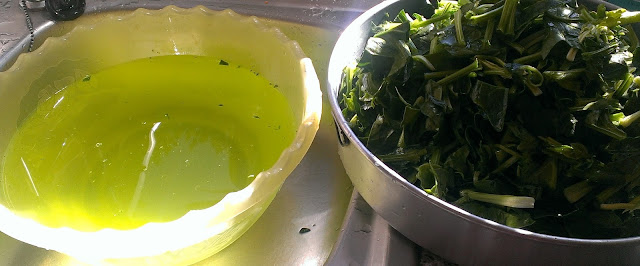 |
Levent Büyükuğur
|
Since forming Istanbul Doors in 1993, Levent
Büyükuğur has quietly
revolutionised Istanbul Lucca ,
Kitchenette and Angelique among them, are bywords for sophisticated quality,
while his compatriots have also been treated to new culinary delights through
his introduction of international chains such as Zuma to Turkey
In
20 years, his company grew to own to 42 restaurants, a hotel and a culinary academy.
Having handed the reins to his successors, Büyükuğur is now concentrating on his new hospitality group the
Good Food Society that he formed in
2014 with Sanjay Nandi.
Their latest venture is Ristorante Frescobaldi, a high-end
Italian diner specialising in Tuscan cuisine, created through a partnership
with Diana Frescobaldi who heads one of Europe ’s
oldest and finest wine dynasties, which date back to the 1300s.
The perennial entrepreneur tells T-VINE how this new mission
off London Regent Street
You’re behind some of Istanbul
I
was introduced to the Frescobaldi family six years ago. Having always loved
their wine and their incredible history, I thought it would be a great idea to
instigate a collaboration showcasing their fantastic wine alongside fine
Italian cuisine. London
How did the heritage of the
Frescobaldi family influence the restaurant?
Their
family history was key to the restaurant, not just in relation to the food and
drink, but the interiors too. My partner and I worked closely with the design
team to replicate a warm and homely atmosphere, one that would mirror the feel
of the Tuscan countryside.
 |
The restaurant's wine cellar draws on Frescobaldi’s 700-year-old history
|
What makes Ristorante Frescobaldi
different to other Italian restaurants?
We offer a complete dining experience.
Diners don’t come just for the food, but to taste some of the best vintages
that the Frescobaldi family has been producing for centuries. Unusually we also
offer most of the wines by the glass, even our Cru varieties and "Super
Tuscans" such as Ornellaia. In
addition, the menu has distinctive Tuscan specialities, which are very
attractive to Londoners.
Why do you think Italian cuisine is
so popular with Turks?
This
is probably due in part to the fact that many Italian dishes use fresh seasonal
ingredients to create delicious flavours and that they are also warm and
comforting, all elements which are representative of Turkish food too. I
personally think that Mediterranean cuisine is one of the finest in the world.
In fact the first restaurant that I opened in Istanbul
 |
Turks
& Italians share a love of fresh seasonal Mediterranean food. Photo: Frescoba
|
What on talented young chef Roberto
Reatini’s menu would you recommend?
We
have been very lucky to have Roberto leading the culinary team at Frescobaldi.
His knowledge of classic Italian dishes is exceptional, but he also has this
ability to bring a contemporary twist to his creations. I particularly like the
Pappardelle con guancia di vitello e pane
al rosmarino (Veal cheek pappardelle with rosemary bread) and the Rombo arrosto con patate novelle, salicornia
e salsa al limone (Roasted turbot with new potatoes, samphire and lemon
sauce).
How would you compare London and Istanbul
I
consider London
Ristorante
Frescobaldi is located at 15 New
Burlington Place London
Read Leyla Kazim's review of the restaurant here.




















